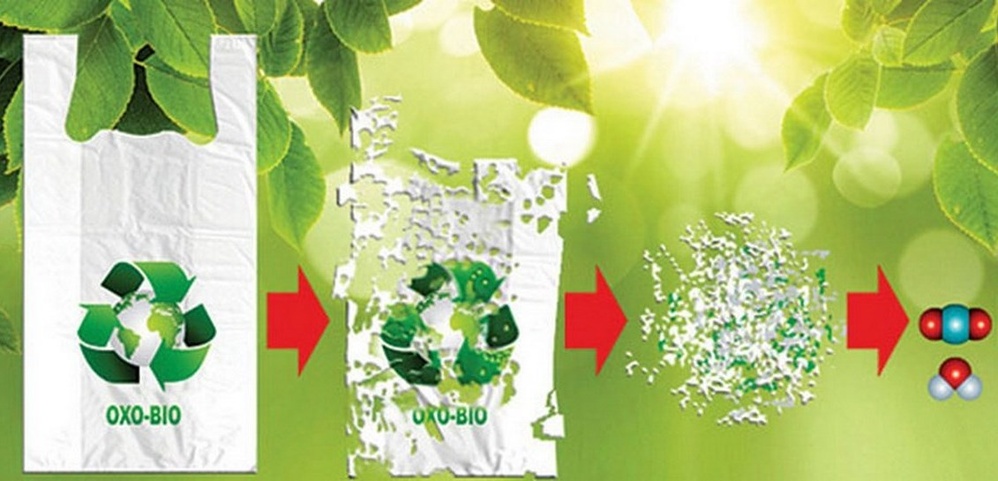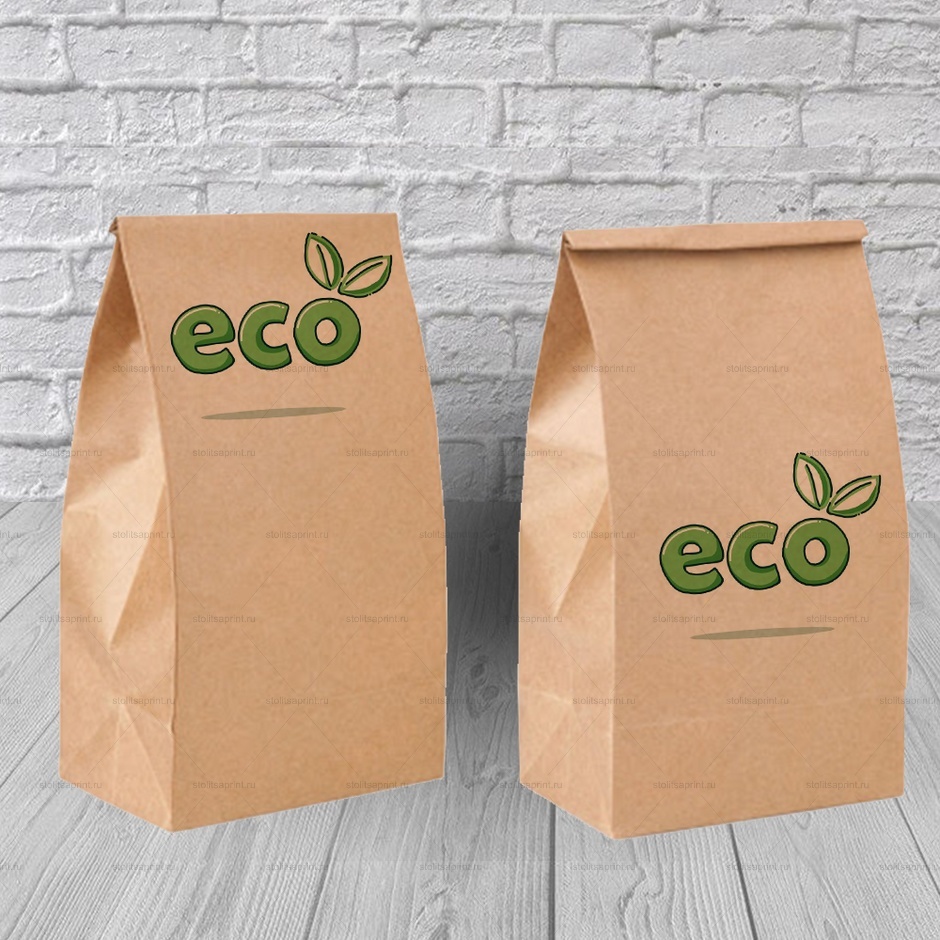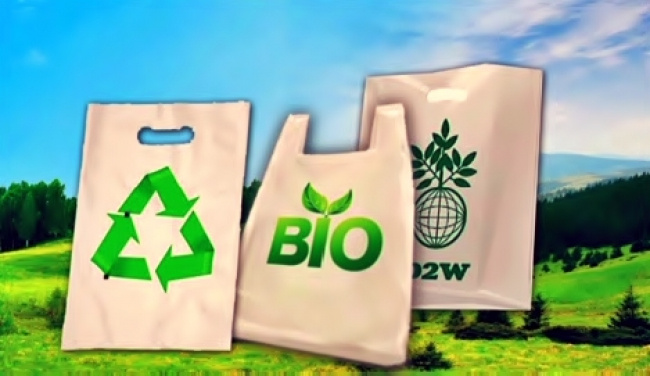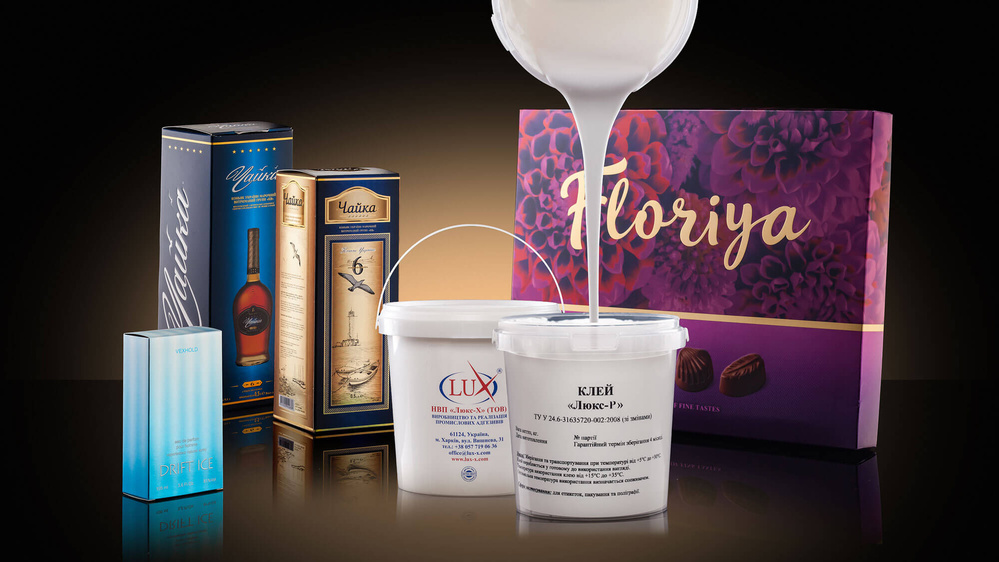What are the Definitions of Biodegradable, Compostable materials? What do they have to do with packaging?
- What does biodegradable really mean?
- What does compostable mean?
- Which packaging decomposes better: paper or plastic?
- Which organic adhesive to choose for packaging?
- How to buy Lux glue?
The topic of biodegradable substances is currently on the buzz. This issue is of particular interest to packaging manufacturers, who are constantly debating which packaging is better and safer for the environment - plastic or paper.
Degradation is the decomposition process of plastics under sunlight, heat, and moisture resulting in the weakening of the plastic's polymer chains. The end product is a multitude of microplastic particles that often become problematic as they end up in the diet of animals and impact the food chain.

The ASTM (American Society for Testing Materials) and ISO (International Standards Organization) are being established to understand and assess how different materials break down to dispel the confusion.
What does biodegradable really mean?
Generally, any material made of organic compounds is biodegradable. Over time, carbon-based materials will inevitably break down through oxidation.
Biodegradable materials can be broken down naturally by bacteria, fungi, and algae without human intervention. The leftover components often provide no nutritional benefit to the surrounding soil.
The amount of time it takes for different materials to break down varies. For example, polymers are often referred to as resistant to biodegradation due to how long it takes to deteriorate. For something to be biodegradable, favorable conditions such as temperature, microorganisms, moisture, oxygen, and time must be met.
What does compostable mean?
A compostable material refers to a form of biodegradability that transforms materials into organic waste that enriches the soil, like food scraps, fallen leaves, and grass clippings. The main difference between compostable and biodegradable products is that compostable items provide nutrients back to the earth.
Composting something requires the right level of heat, water, and oxygen to support microorganisms that break down the material. Also, this process must take place within 12 weeks for the material to be compostable.
Which packaging decomposes better: paper or plastic?
It is believed that paper packaging is more environmentally friendly than plastic because it decomposes better.

Paper and cardboard products break down faster, but plastics made from natural polymers are also biodegradable.
Polymers similar to natural ones are used for packaging confectionery, sausages and dry products without fats.
When synthetic polymers were first used, they were made to be resistant to environmental factors. And now, a new approach to their development is being formed. It is necessary to obtain components that retain performance characteristics only for the time of consumption, and then, under the influence of environmental factors, easily decompose into microparticles.
According to scientists, polymeric materials based on vegetable raw materials: cereals, wood, starch, polysaccharides decompose into safe components: water, carbon dioxide and ensure the environmental friendliness of the disposal process. In addition, stocks of vegetable raw materials are renewed forever.

In order for the idea of biodegradation of a polymer material to be realized, three main factors are necessary:
- appropriate environmental conditions;
- the presence of microorganisms that selectively act on the polymer material;
- polymeric materials of a certain chemical structure.
If one of the elements is missing, then the presented idea is not implemented.
Scientists continue to explore the topic of biodegradable materials, and discussions among manufacturers and industry experts do not stop.
As the trend for biodegradable packaging grows, there needs to be an appropriate adhesive for its production.
Which organic adhesive to choose for packaging?
There are many ways to reduce the negative impact of production activities on the environment, including using high-quality and natural raw materials. This approach allows you to save resources, preserve nature and make a profit.
For packaging manufacturers, Lux-X manufactures environmentally friendly adhesives based on natural components that are highly biodegradable. Adhesives "Lux" provide reliable adhesion and are economical in terms of consumption.

How to buy Lux glue?
Here one can find more information about LUX cold-applied adhesives for the PRINTING INDUSTRY and PACKAGING
Bear in mind that theproper choice of an adhesive has an effect on the quality of the tasks to be performed. To be fully confident in the production result, we recommend consulting LUX-X LLC specialists by telephone numbersshown here.






